Top Insights
Body Care & Beauty
 ANNYFebruary 13, 20242 Mins read1.1k Views
ANNYFebruary 13, 20242 Mins read1.1k Views
7 Skincare Ingredients So Bad For You, They’re Banned in Many Countries
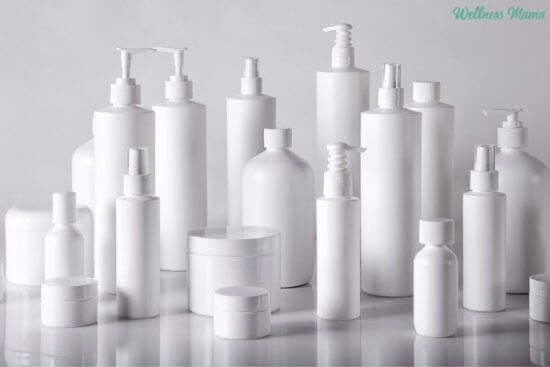
Recent Posts
Related Articles
Body Care & Beauty
7 Anti-Aging Tips from Ayurveda: Timeless Wisdom for Lasting Youth
In the quest for eternal youth, Ayurveda, the ancient Indian system of...
ByANNYMarch 5, 2024
Body Care & Beauty
Unlocking the Glow: Celebrity Skincare Secrets Revealed
In the world of glitz and glamour, celebrities always manage to look...
ByANNYFebruary 28, 2024
Body Care & Beauty
Last-Minute Makeup Looks for Date Night That Are Easy & Effortlessly Chic
Caught up in the whirlwind of daily life, we’ve all faced that...
ByANNYFebruary 23, 2024
Body Care & Beauty
Unlocking the Secret to Weight Loss: The Power of Grapefruit
In the quest for weight loss, many turn to rigorous exercise routines...
ByANNYFebruary 23, 2024






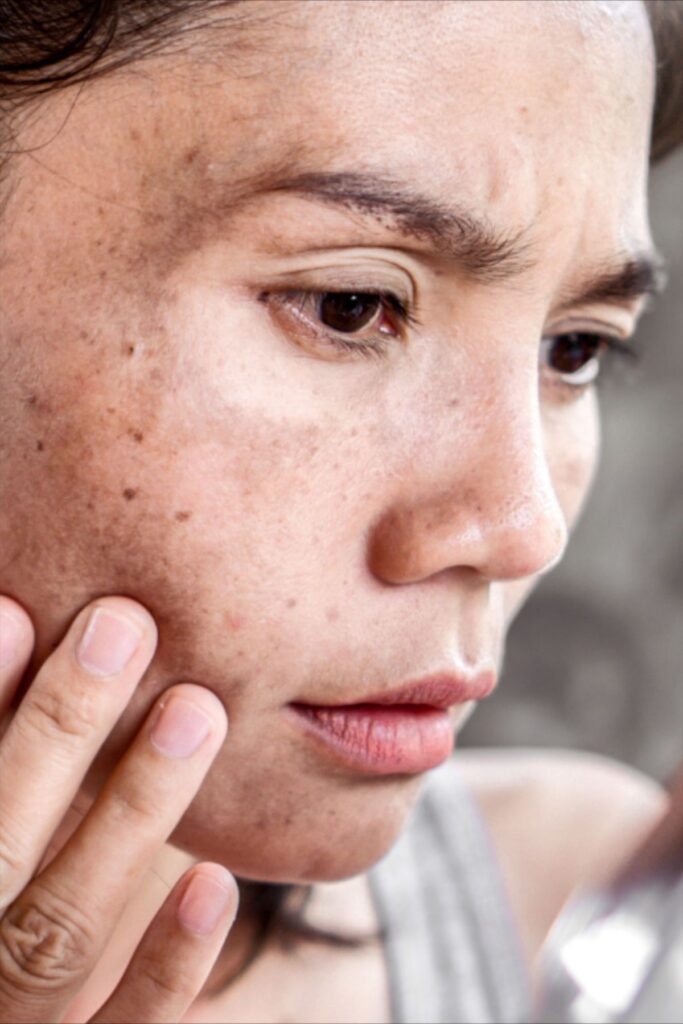
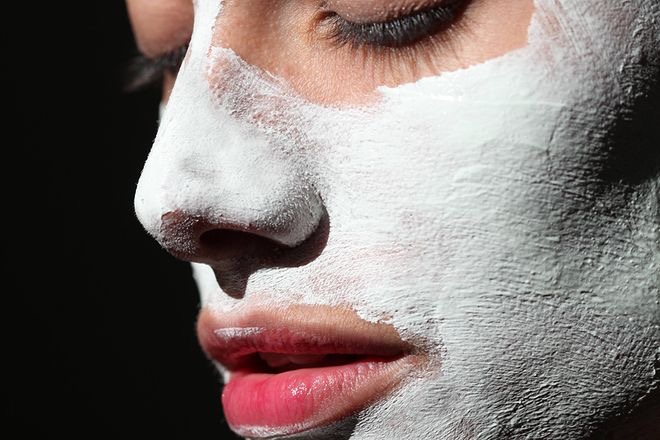
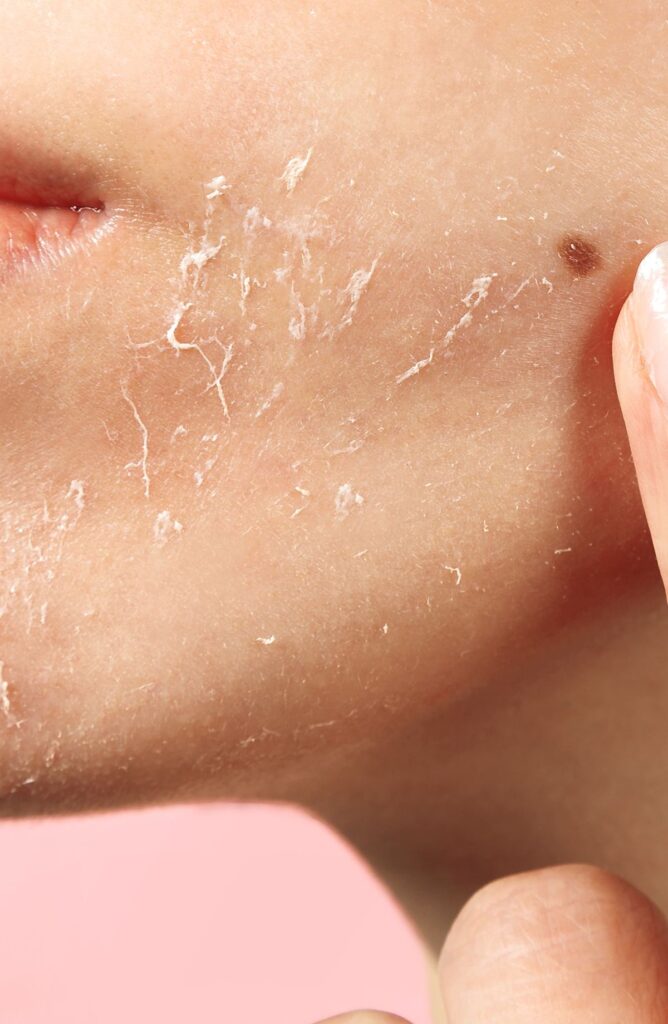
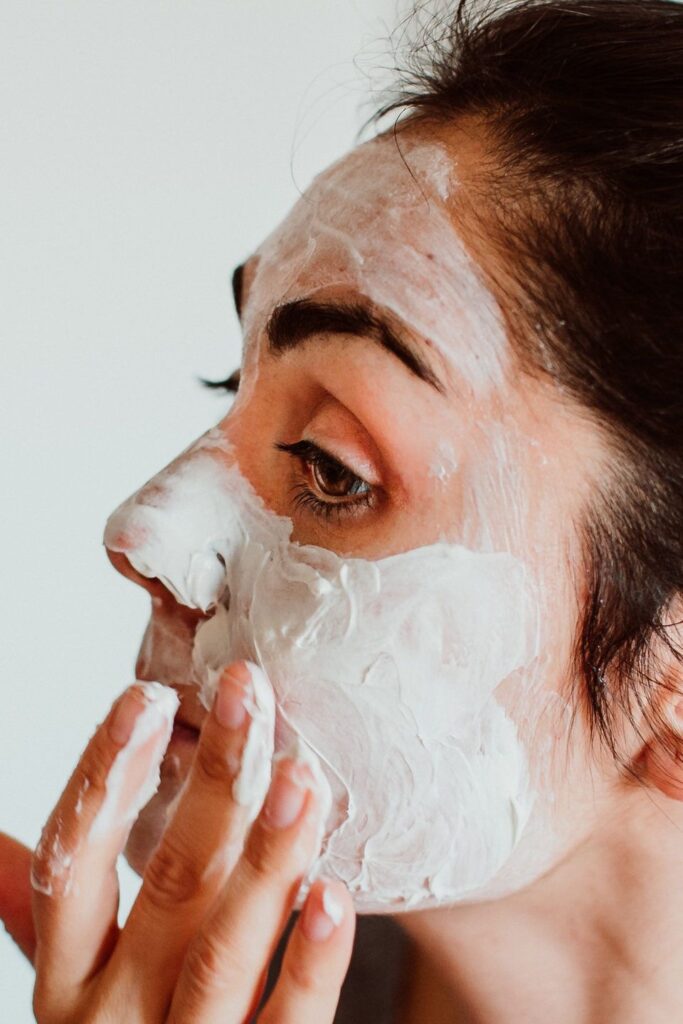
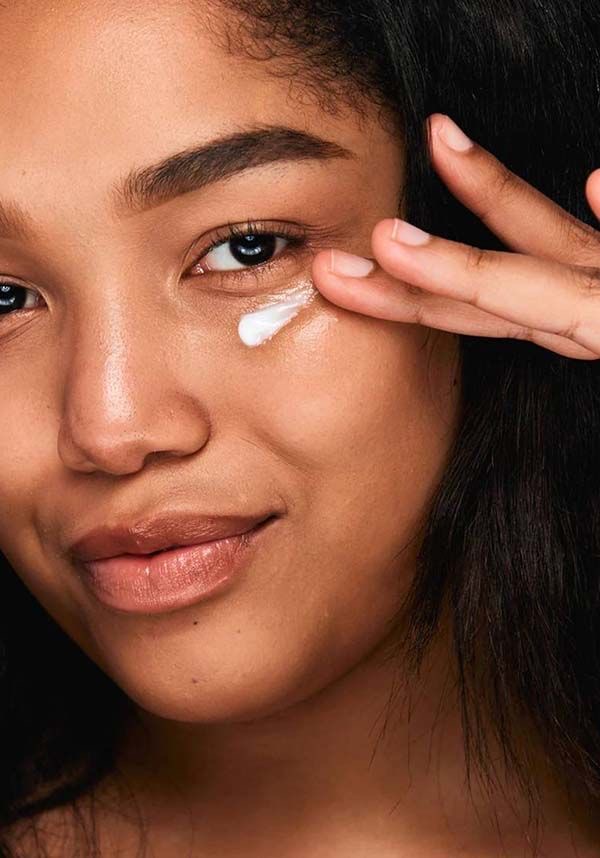
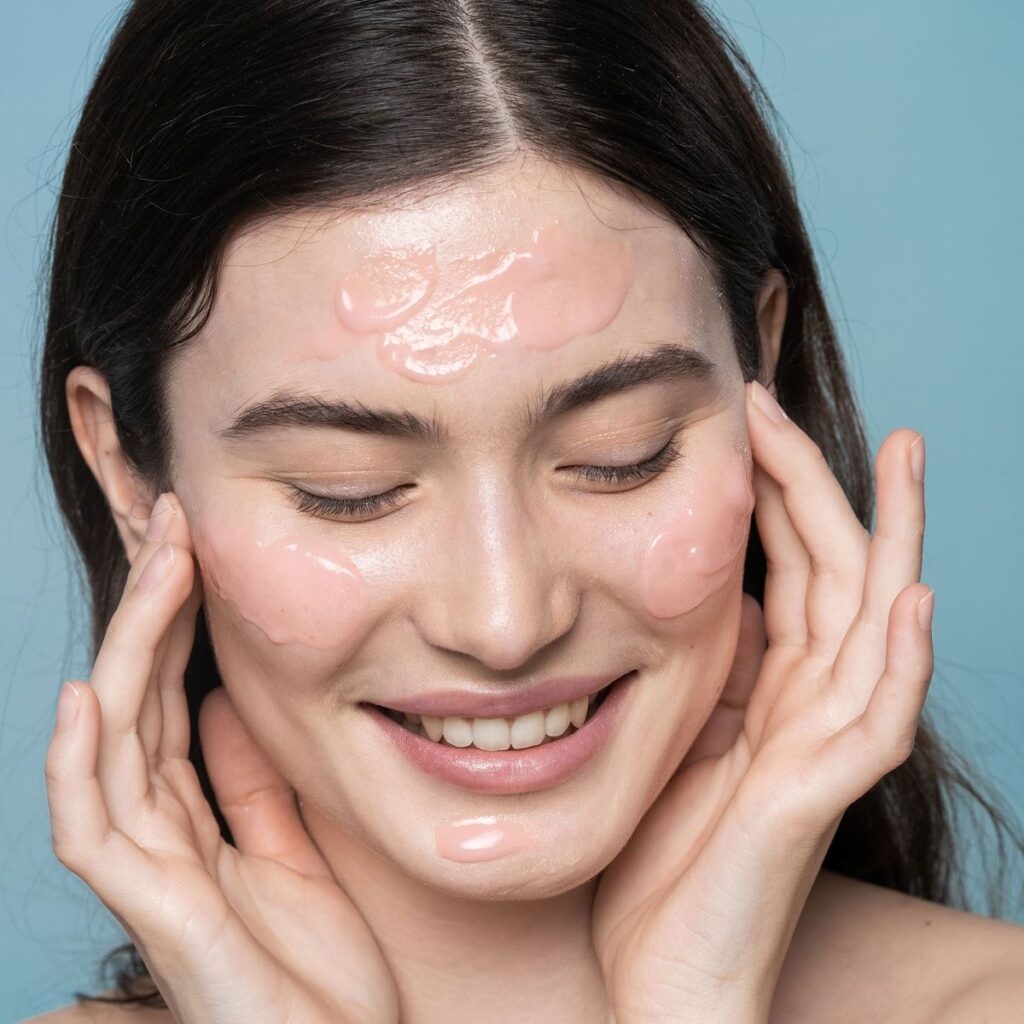

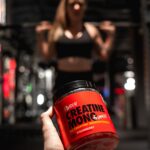








Leave a comment